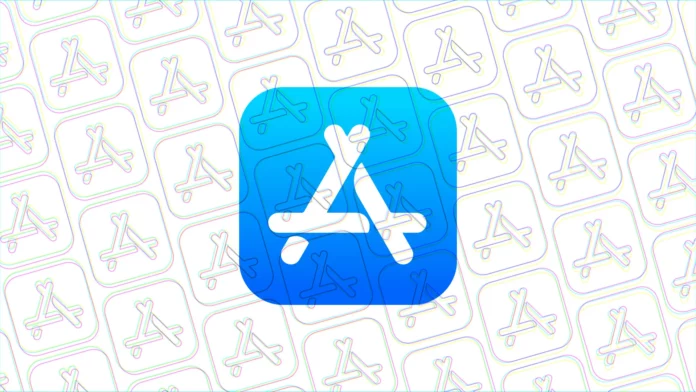Apple is expanding its age rating system for apps. On Thursday, the company announced that it has updated its age rating system, adding 13+, 16+, and 18+ ratings to the existing 4+ and 9+ ratings, and removing the 12+ and 17+ age categories. Additionally, app developers will be required to answer a new set of questions about age categories that will help identify sensitive content in their app. Developers will also be able to update the age ratings of their apps to one of the new options if necessary.
The company says it has automatically updated all apps and games in the App Store to align with the new system, which is available in the beta versions of iOS 26, iPadOS 26, macOS Tahoe 26, tvOS 26, visionOS 26 and watchOS 26. The public betas were launched yesterday, and the general release will be available to all users in September this year.
As part of the updated system, developers will have to inform Apple about their internal controls and app features, answer questions about medicine and health, and report whether their app or game contains violence. Apple will then calculate an appropriate age rating that developers can view and change in the App Store Connect.
These ratings are intended to offer parents more specific guidance about the apps their children want to download and will prevent children from installing apps that are outside their age range. On Apple’s part, the App Store will also not display certain apps in sections such as Editorials, Today, Games, and Apps if they are not appropriate for the age of the child using the device.
The expansion of age ranges is part of a broader update to child safety initiatives announced earlier this year. Apple is making it easier for parents to create child accounts and provide information about their children’s ages. This data will be shared with app developers to help them create age-appropriate content. (Some of the changes for children’s accounts were first made available in the public beta of 18.4 released earlier this year.)
Product listings in the App Store will also be updated to include more information to help guardians decide if an app or game is appropriate for their child or teen. For example, guardians will be informed if an app contains user-generated content or advertisements, as both may expose young children to adult content. They will also be informed if the app offers built-in parental controls.
Raising the age rating of an app may reduce its visibility and distribution, which may encourage app developers to implement parental controls or other age-appropriate features.
The changes to the App Store come amidst legislative debate at the state and federal levels over how children should be protected online, with U.S. states introducing new bills and laws that would require app store operators to verify children’s ages to obtain parental consent for app downloads. Apple and Google would prefer that the age verification be done by the app developers themselves, but large tech companies like Meta have lobbied for app stores to do it.
Apple’s solution is a system that protects a child’s personal information, such as his or her date of birth, by offering developers an API that gives them access to the age range information they need to properly customize the app. Because this information is provided by parents when setting up a new device, it is likely to be more accurate than if children entered their birthday or age directly into the app, as children may lie about their age to gain access to the full functionality of the app.
However, for this to work, developers will have to integrate with the new API.









